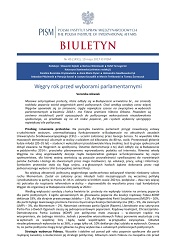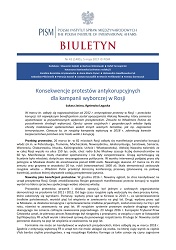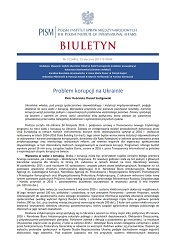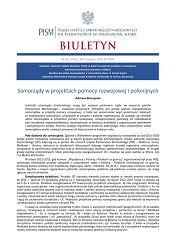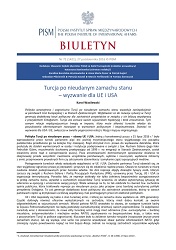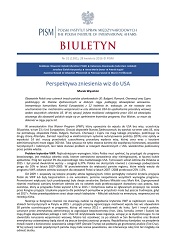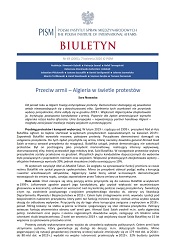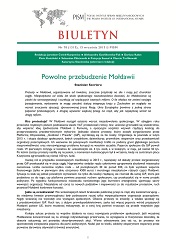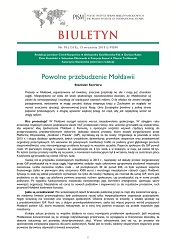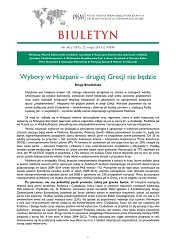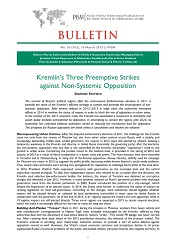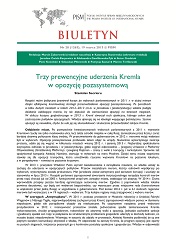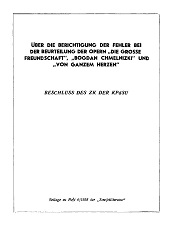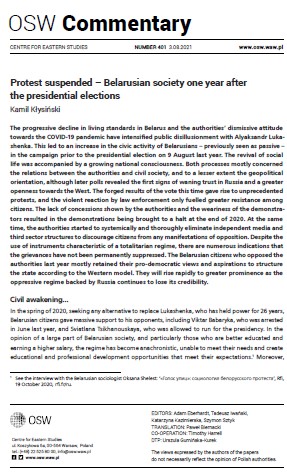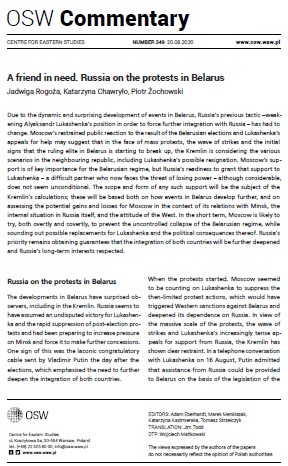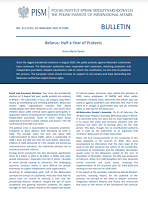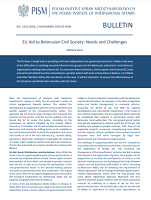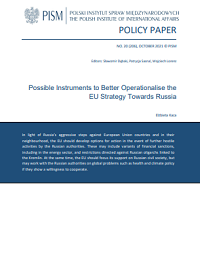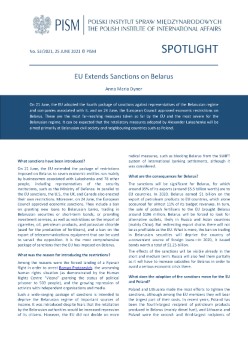
HELSINŠKE SVESKE №33: Briga o mentalnom zdravlju - Po meri ljudskog dostojanstva
This collection of papers broaches some of the biggest stumbling blocs in the way of mental health reform and effective deinstitutionalization in the Republic of Serbia Analyses, opinions and recommendations presented in it refl ect the years-long advocacy by several non-governmental organizations and independent experts for mental health reform and transformation from institutional to community-based care. This is about a long-term campaign of committed individuals, organizations and associations for gradual shutdown of residential institutions catering for psychiatric patients, and children and adults with mental disabilities, and, moreover, for dignifi ed lives of and equal opportunities for these most vulnerable groups of population.
More...
